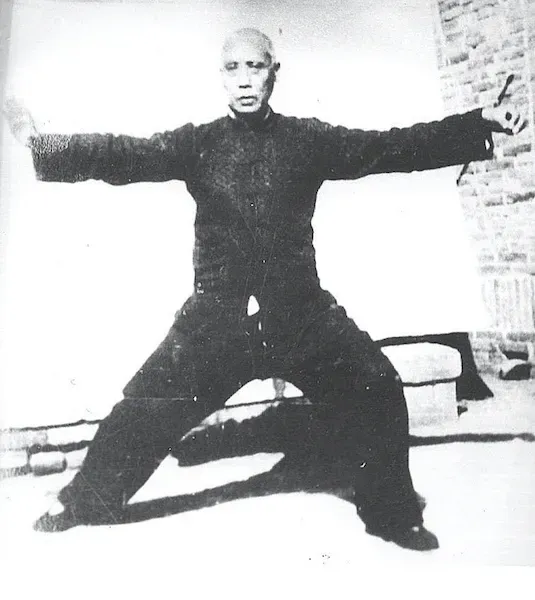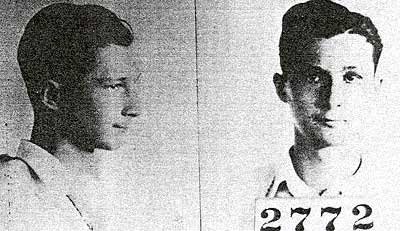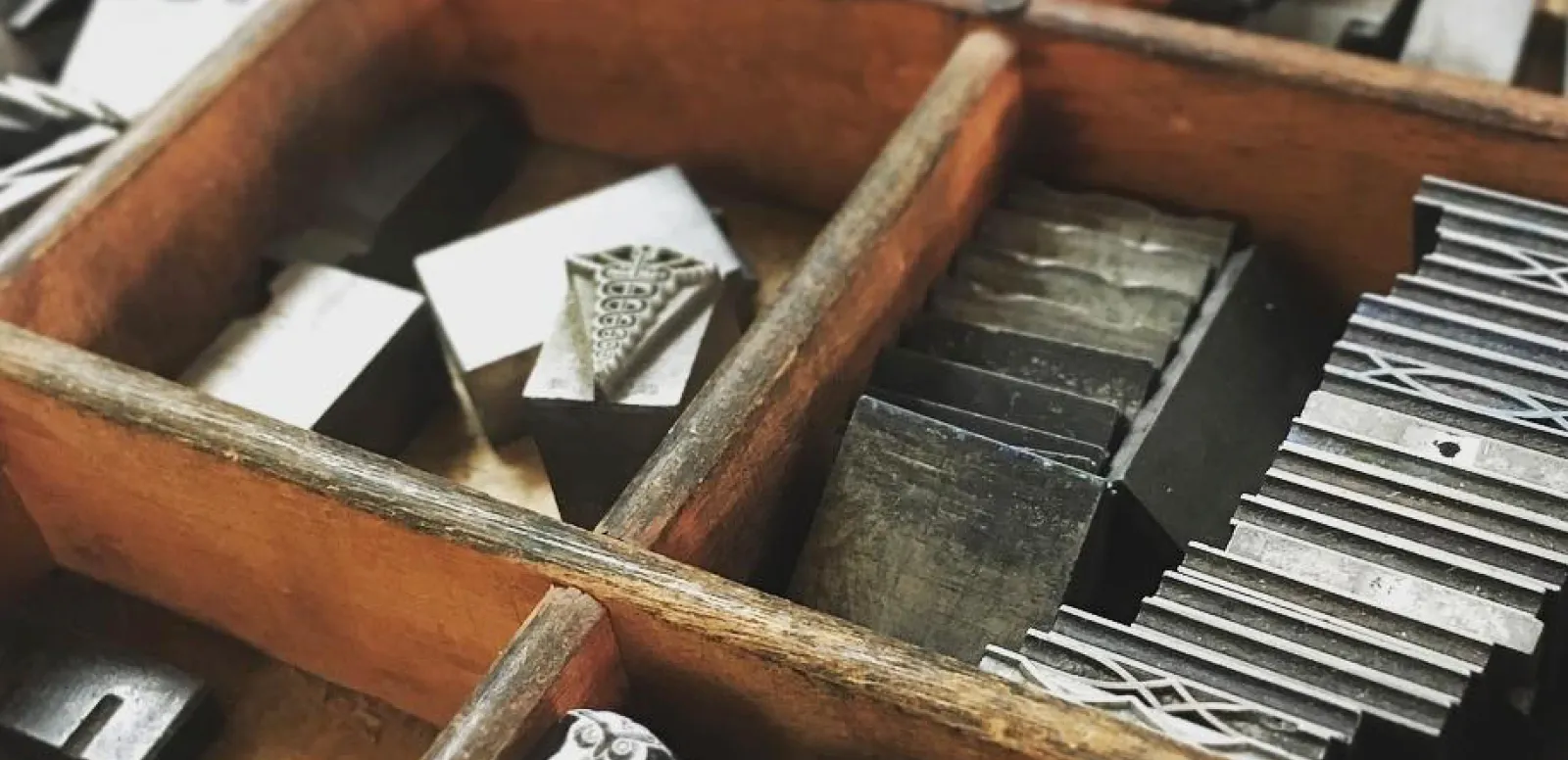Over the last 10 years, I’ve been working on creatively addressing social challenges in complex systems.
Here are a few lessons I’ve learned along the way.
1. Creativity takes time.
Being creative takes time and patience. Being relaxed and present goes a long way. Get into a creative, focused, problem-solving mindset and do the work that’s in front of you. Efficiency shouldn’t mean sacrificing creativity and vice versa.
2. Be succinct and clear.
Say what’s necessary, nothing more, nothing less. Take the time to gather and prepare your thoughts. Offer your insights as clearly and briefly as possible. Of course don’t sacrifice your own important contributions either! Value your voice and perspective. Say what you mean to say. And then stop talking.
3. Ask yourself, "Could it be me?"
My jazz teacher in college used to say, “If you hear a wrong note, ask yourself, ‘Could it be me?’” Take this advice to heart. If you see or experience a problem, don’t expect others to fix it. Instead, care about your impact on others, and become a problem-solver. Check yourself, and offer to help. Simple.
4. Be your own person and develop your gifts.
You’re a human, with unique gifts. The more you refine your gifts, perspectives and offerings, the more confident you’ll be in delivering value to those you work with. You’ll be more effective in the workplace if you think for yourself, and stay grounded in your own practice. Muster the courage to say what you really think, not what you think others want to hear.

5. “Bu diu, bu ding”.
In Tai Chi there’s a saying: “Bu diu, bu ding”, which means “don’t collapse, don’t resist”. Don’t collapse means don’t sacrifice your integrity. Not even a little bit, even if it seems temporary. Don’t resist means be flexible and agile. Be adaptable. Cooperate fully with others. These two principles seem to be in opposition, and go by many names: yang and yin, power and agility, creativity and listening. They are in opposition, but their underlying source is the same. Investigate this carefully.
6. Make agreements clearly and carefully.
Making agreements is like planting seeds. You will, like it or not, reap what you sow. Make agreements, whether verbal or in writing, that are clear and mutual. Don’t push others into agreements they don’t want to make. Also don’t make agreements that sell your needs short. Inquire into possible “no’s” on both sides before making agreements. Integrity takes place between people. Finding the sweet spot of agreement goes a great distance in forging relationships that last.
7. Give your gifts wholeheartedly.
Once agreements are made, give yourself completely to the work. Expect nothing additional. If something unexpected is missing, or a new need arises, revisit your agreements. Behind every human problem is a creative challenge. Iterate and improve, making the necessary corrections that will allow you to give your fullest gifts. The mutual, wholehearted giving of gifts is the goal.
8. Self-care is an art.
Practice self-care. Eat. Sleep. Meditate. Do art. Feed your soul. Take care of your practices. The more you honor and respect the needs of your inner world, the more fully you will be able to show up for those you work with. But be careful! The opposite is also true. If you don’t take care of the demands of your inner world, your work and your relationships may suffer for it.
9. The best idea wins.
In the creative world the best idea wins. It doesn’t really matter who came up with it, what matters is the quality of what’s being said. When we work together creatively, we build off of each others’ ideas. You may have to go through a lot of bad ideas before you get to gold, and being able to have bad ideas and not be judged for them is a prerequisite for this kind of work culture. So serve the best idea, play together, and let go of what doesn’t work.
10. Hold healthy boundaries between work and personal life.
Hold healthy boundaries between work and personal life. Be a professional, whatever this means in your context. Different organizations, fields, and workplaces differ. But boundaries between personal and professional life are often pretty clear for a given context, and failure to maintain them can be disruptive to healthy relationships. Take the time to learn about the boundaries in your work environment and diligently respect them. Being clear about boundaries can also go a long way in enabling your whole creative self to come forward. So be a bit of a gangster and take the advice of Dutch Schultz’ accountant:

“It’s nothing personal. It’s just business.”
— Otto ‘Abbadabba’ Berman
11. Learn from everyone.
One of my mentors says, “people don’t realize that they’re always negotiating.” I think this is true of learning as well. We’re always learning from everyone around us, whether we realize it or not. By broadening the scope of what we pay attention to, and applying what we learn to our specific tasks at hand, we can innovate in small ways on a day-to-day basis. Are you trying to catch the curve in your field, or defining it? Embody an attitude of continuous curiosity, learning, and creativity. Enjoy tiny innovations.
12. Be a facilitator. Small “f” & Big “F”, facilitator.
A small “f” facilitator is always facilitating. In meetings facilitated by others, in the morning, on calls, in perfect order and complete chaos. At all times they’re paying attention to the room, the dynamics of the group and to the problems that need attention. What’s needed? How can I support the whole? What’s happening here? A big “F” Facilitator takes this skill to the front of the room, and makes it visible by leading directly. This means practice, and practice. And practice.
13. Warmth is a prerequisite for being heard.
Warmth is a skill like any other, but it’s rarely conceived this way, and rarely practiced. If you’re expressing yourself with genuine warmth or care, people are more likely to be willing to listen to what you have to say, especially if you’re giving critical feedback. Practice warmth in subtle and continuous ways. Others will notice and inquire.
Thanks for reading! Life is creative act. Let’s work together.







